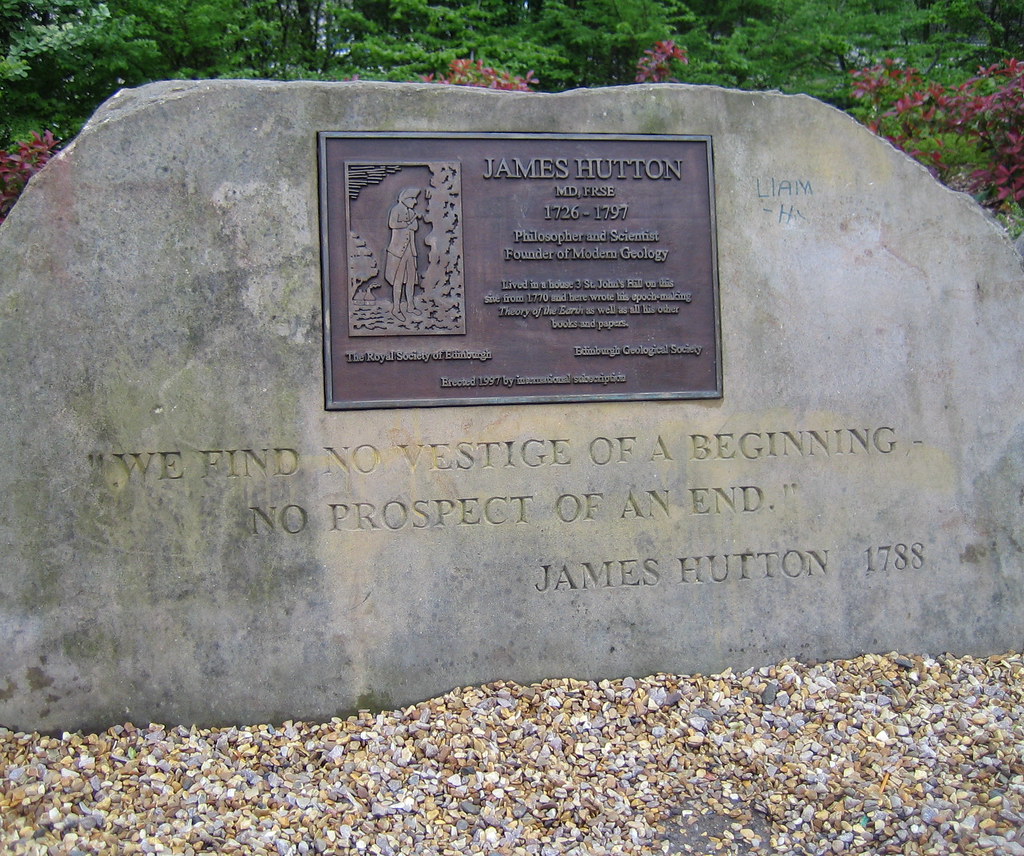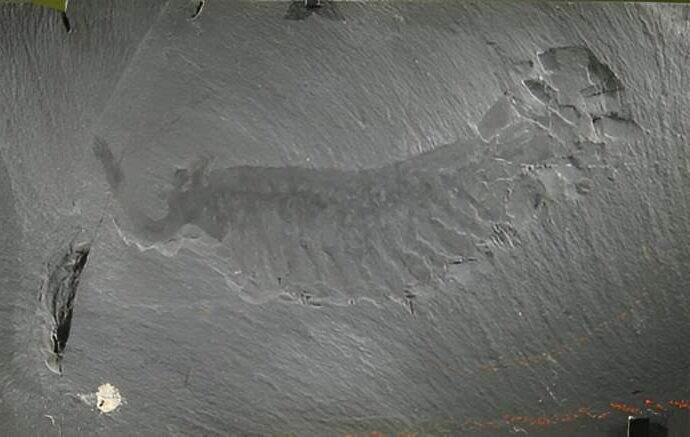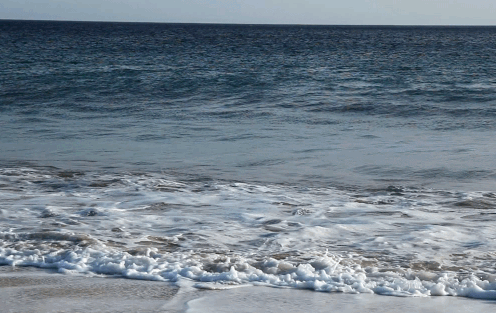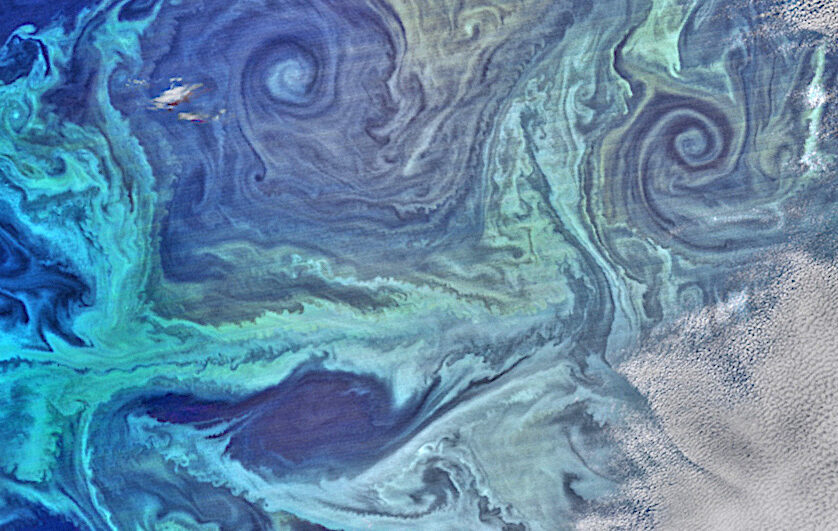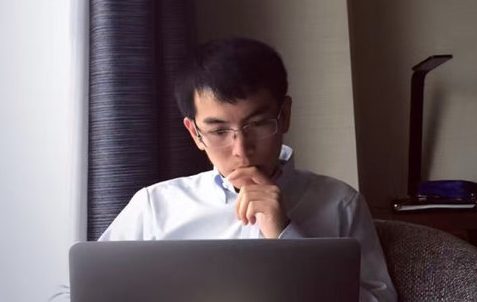Postdoc in Numerical Data Analysis
Join our team! We are looking for a postdoc interested in applying a new software to determine sedimentation rates in drill cores using both cyclostratigraphic and geochemical information obtained using X-Ray Fluorescence core scannning of sedimentary archives. Our new algorithm developed in our team is taking a multidimensional cyclostratigraphic approach to determine sedimentation rates at … Read More
A Vestige of a New Beginning
I’m delighted to announce that, beginning September 1, 2024, my research group and I will be embarking on a new chapter at the Geology Section of the Department of Geosciences and Natural Resource Management, University of Copenhagen. It is an honor to join this esteemed department as a Professor, where we will continue our exploration … Read More
New publication: Sustained increases in atmospheric oxygen and marine productivity in the Neoproterozoic and Palaeozoic eras
In 2010, we published an influential paper in PNAS based on molybdenum isotopes in euxinic shales to suggesting Earth’s oxygen level increased in two steps during the rise of animals and rise of land plants. Now, 14 years later, geochemists have collected far more geochemical data from the geological rock record and developed better models … Read More
New study: The Earth system can tip into a state of global marine anoxia
In a new study published in One Earth (Cell Press), Aske L. Sørensen and Tais W. Dahl demonstrates that the Earth system tipped into a state of widespread marine anoxia during the Cambrian SPICE event. A self-cascading mechanism involving anoxia-dependent nutrient release from seafloor sediments has been documented regionally and hypothesized to operate globally. The … Read More
Geobiology Symposium: Evolution of Phytoplankton
We are excited to announce an upcoming Geobiology Symposium titled “The Evolution of Phytoplankton,” featuring two of the world’s leading experts in the field, Professor Andrew H. Knoll from Harvard University and Professor Roger Summons from the Massachusetts Institute of Technology (MIT). This highly anticipated event will take place at the Globe Institute, University of … Read More
Is Geoengineering pure Gyro Gearloose?
In TV2’s Newsroom, Søren Lippert compares Geoengineering with inventions by Gyro Gearloose in Duckburg, and interviews Associate Prof. Tais W. Dahl how we should look at various Geoengineering mitigation strategies and a new research project that test pumping up salt water onto sea ice in the Arctic in the hope that it will create a … Read More
Feifei Zhang receives the 2024 F. G. Houtermans Medal
The European Association of Geochemistry has awarded former postdoc in the Geobiology Lab, Feifei Zhang, with the F.G. Houtermans Award. After postdoc years at Yale and in our group, Dr. Feifei Zhang, joined the Faculy as full-time professor at Nanjing University. The Houtermans award recognizes exceptional contributions to geochemistry by an early career scientist. Feifei … Read More
We are hiring! A PhD and a Postdoc in experimental geochemistry
Join our dynamic team at the Globe Institute, University of Copenhagen! We’re on the lookout for a PhD candidate (3 years) and a postdoc (2 years) to become integral members of our Earth History and Geobiology research group. Dive into the exciting Research project, “Natural Carbon Dioxide Removal from a high-CO2 atmosphere,” generously funded by … Read More
Student job: We hire a laboratory assistant to prepare and scan drill cores
We seek a geoscience student who will assist us in the Geobiology laboratory ca. 12 hours per week. You will take part of the research group and work at the forefront of a vibrant geobiological research field. Check out the official posting here . Application deadline is October 9th, 2023. The main focus will be … Read More



